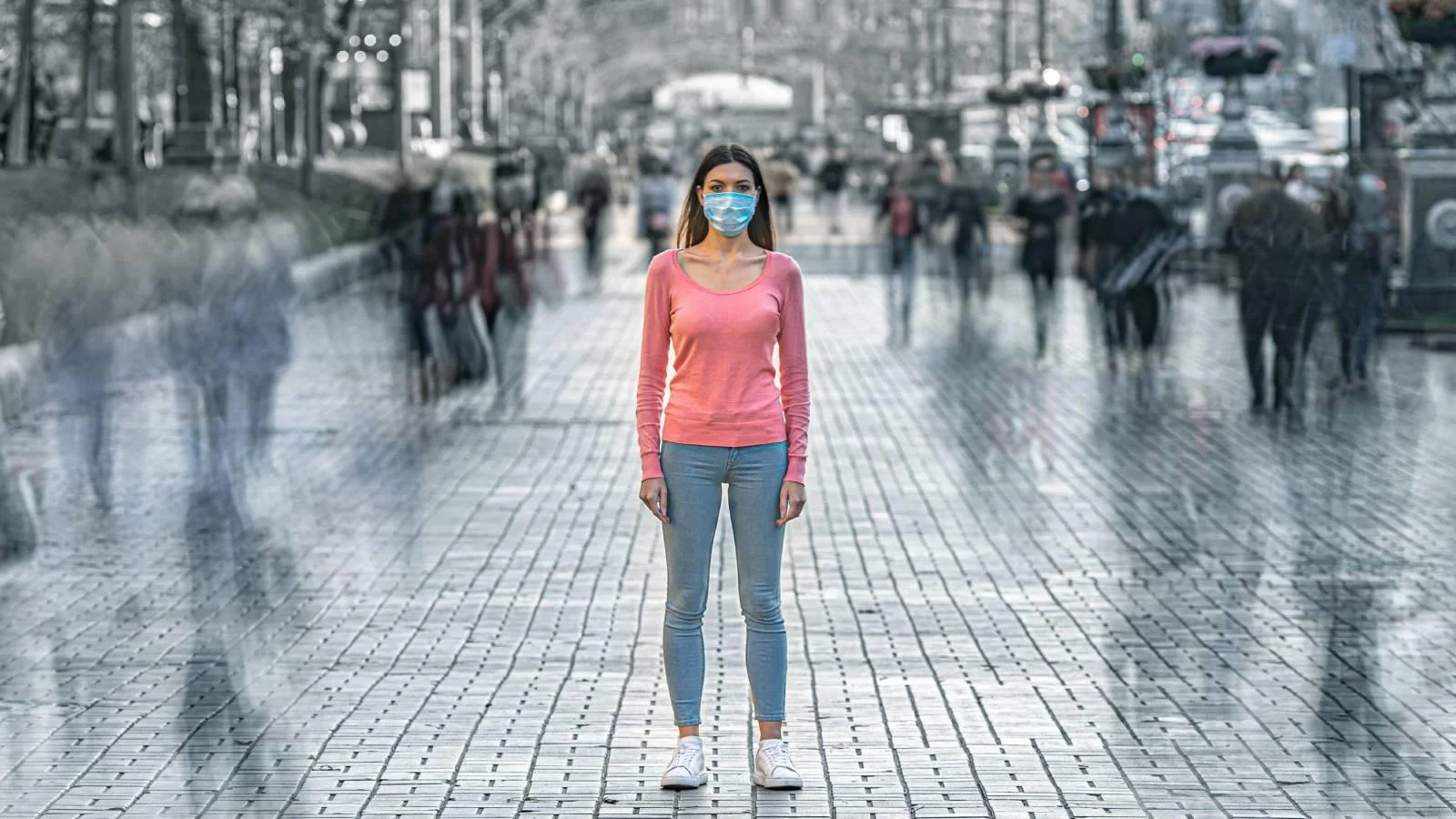The oldest person to pass away after being administered a COVID-19 vaccine was 103-years-old. The youngest was 17-years-old.
Of all residents in Ohio who received a vaccine of some type, 469 died.
The longest time recorded between a COVID-19 vaccine being administered and the onset of symptoms in someone who passed away was 92 days.
The most common adverse reactions after being given any vaccine in those who passed away and those who recovered were "Injection site erythema" and "Chills".
There were 20,661 people in Ohio who recovered.
Fatalities in America among the vaccinated in 2021 have increased 76.05 percent from the previous decade.
Before 2021, the most devastating year on record for fatalities after receiving a vaccine was 2010, when 143 people died.
Peter A. McCullough, a respected cardiologist and epidemiologist, initially supported the rollout of vaccines but is now an avid opponent of the COVID-19 vaccines.
"It's my judgement at this point in time that the vaccine is the cause of death in a majority of cases," he claimed in an interview. "I think it's fine for people to change their view of the vaccine and they should based on emerging data."
All deaths which occur after a COVID-19 vaccination was administered must be investigated, as required by the Emergency Use Authorization given by the U.S. Food and Drug Administration. The EUA allowed COVID-19 vaccines to be distributed so quickly.
The FDA has approved three vaccines: Pfizer-BioNTech for ages 5 and up, Moderna for ages 12 and up and Johnson & Johnson vaccines for ages 18 and up.
The Oxford-Astrazeneca vaccine, available widely around the world, has yet to be approved. It’s linked to a rare blood clot disorder that temporarily halted its rollout in places like the U.K.
A previously published report from Harvard Pilgrim Health Care, Inc. found adverse events from drugs and vaccines are "common, but underreported."
"Low reporting rates preclude or slow the identification of 'problem' drugs and vaccines that endanger public health," the report stated.
The VAERS system, by admission of its creators, doesn't fully indicate the situation of someone's death.
"A report to VAERS generally does not prove that the identified vaccine(s) caused the adverse event described. It only confirms that the reported event occurred sometime after vaccine was given," says a disclaimer on the VAERS website.
Statistics represented in the story and corresponding graphs differ slightly due to streamlined data collection.
Data is accurate as of March 19.
| Month | COVID vaccine deaths | Other vaccine deaths |
|---|---|---|
| Dec 2020 | 2 | 0 |
| Jan 2021 | 33 | 0 |
| Feb 2021 | 32 | 1 |
| Mar 2021 | 37 | 2 |
| Apr 2021 | 33 | 4 |
| May 2021 | 23 | 2 |
| Jun 2021 | 15 | 0 |
| Jul 2021 | 9 | 0 |
| Aug 2021 | 5 | 2 |
| Sep 2021 | 16 | 1 |
| Oct 2021 | 30 | 1 |
| Nov 2021 | 21 | 0 |
| Dec 2021 | 31 | 6 |
| Jan 2022 | 47 | 0 |
| Feb 2022 | 11 | 2 |
| Year | COVID vaccine deaths | Other vaccine deaths |
|---|---|---|
| 2016 | - | 13 |
| 2017 | - | 1 |
| 2018 | - | 5 |
| 2019 | - | 12 |
| 2020 | 2 | 1 |
| 2021 | 285 | 19 |
| 2022 | 58 | 2 |






 Alerts Sign-up
Alerts Sign-up